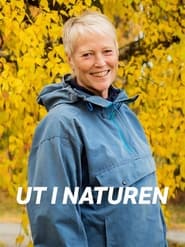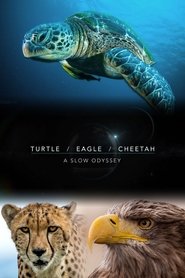This episode concentrates on communication. In Kenya, Attenborough accompanies a tribesman who calls to a honeyguide, which in turn answers him and leads the pair to a bees' nest. The tribesman extracts the honey, and some is left to reward the bird. African hunting dogs are shown hunting gazelles, of which the target is the individual that leaps lowest. Larks evade merlin by sending a similar message: by continuing to sing while being chased, it tells the pursuer that its prey is fit and therefore will be difficult to catch. (In 80% of cases this turns out to be true.) Vervet monkeys' cries are among the most complex. Their utterances are effectively words: a vocabulary that defines each of their predators, so an alarm call is specific to a particular threat. Some creatures transmit their presence by display, and Attenborough observes thousands of fireflies illuminating the darkness. Sounds travel further underwater, and over 200 species of fish use them to communicate. In turn, sea lions have become adept at sensing their proximity. However, the most visual aquatic animal is the squid, which uses colour change and posture to communicate. Finally, Attenborough swims with dolphins. They converse with a series of ultrasonic clicks, and each has a family call inherited from its mother: effectively a 'surname'. They also use normal sound, body posture and touch - in short, in terms of ability to communicate, they are man's closest rival.

Trials of Life - Season 1 Episode 10 Talking to Strangers
Genre:
Documentary, Family
Year: 1990
Country:
United Kingdom
Release:
Language:English
Director:
Cast:
David Attenborough





